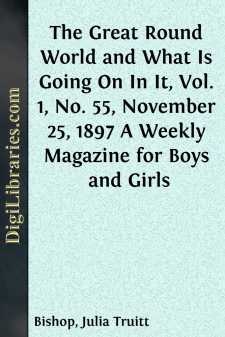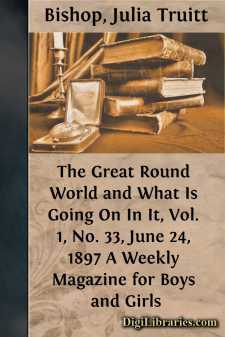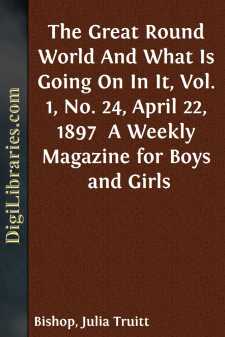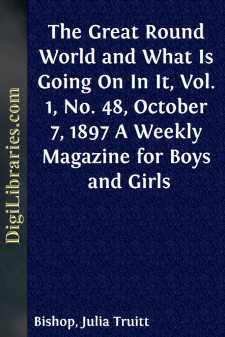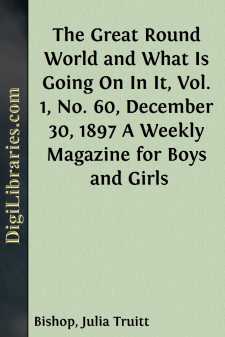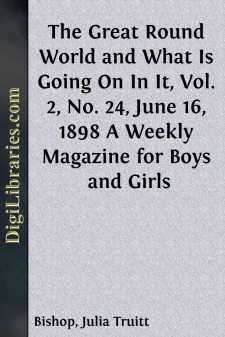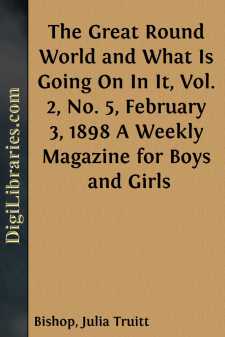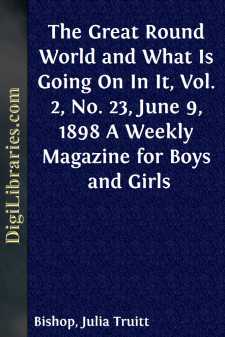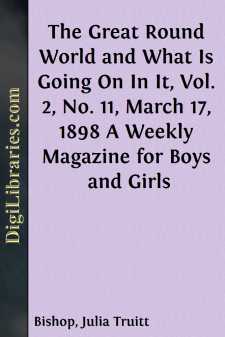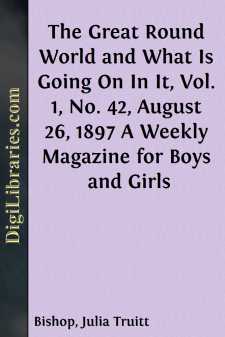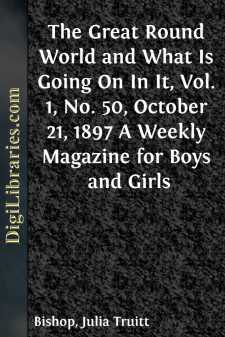Categories
- Antiques & Collectibles 13
- Architecture 36
- Art 48
- Bibles 22
- Biography & Autobiography 816
- Body, Mind & Spirit 145
- Business & Economics 28
- Children's Books 17
- Children's Fiction 14
- Computers 4
- Cooking 94
- Crafts & Hobbies 4
- Drama 346
- Education 58
- Family & Relationships 59
- Fiction 11834
- Foreign Language Study 3
- Games 19
- Gardening 17
- Health & Fitness 34
- History 1378
- House & Home 1
- Humor 147
- Juvenile Fiction 1873
- Juvenile Nonfiction 202
- Language Arts & Disciplines 89
- Law 16
- Literary Collections 686
- Literary Criticism 179
- Mathematics 13
- Medical 41
- Music 40
- Nature 179
- Non-Classifiable 1768
- Performing Arts 7
- Periodicals 1453
- Philosophy 66
- Photography 2
- Poetry 897
- Political Science 203
- Psychology 45
- Reference 154
- Religion 516
- Science 126
- Self-Help 85
- Social Science 82
- Sports & Recreation 34
- Study Aids 3
- Technology & Engineering 59
- Transportation 23
- Travel 463
- True Crime 29
Our website is made possible by displaying online advertisements to our visitors.
Please consider supporting us by disabling your ad blocker.
The Great Round World and What Is Going On In It, Vol. 1, No. 55, November 25, 1897 A Weekly Magazine for Boys and Girls
Categories:
Description:
Excerpt
This has been an exciting week for Cuban matters.
We told you that we might expect to hear more from Mr. Taylor's article on Cuba in The North American Review.
We were quite right in our supposition.
The Madrid papers took the matter up indignantly, and it has been the main point of interest during the last few days.
If you remember, we told you that Mr. Taylor said, in his article, that Spain did not seem able to settle the difficult Cuban question, and that in his opinion it was clearly our duty to interfere.
One of the Spanish Senators, Señor Salvani, wrote an angry letter to the Madrid papers, in which he said that when Mr. Taylor was minister to Spain he appeared most anxious to preserve the friendliest relations between the two countries, and that he repeatedly declared that there was no fear that the United States would interfere with Cuba.
On seeing this letter, Mr. Taylor wrote one on his own account to the American papers.
In it he said that his experience had been that the Spanish authorities were unreliable, and according to his way of thinking the only way to put an end to the war, which was costing this country so much from destruction to commerce, was for the Government to take a firm stand with Spain, and insist that if the war wasn't ended by a certain fixed date we would end it for her.
To prove the truth of his assertion that Spain was unreliable, he stated that during the term of his official service in Madrid he had become convinced that Cuba would never yield, but would fight till her last drop of blood had been spilled.
Thinking it a great pity to allow such a valuable property as Cuba to be allowed to go to ruin, he decided to make an effort to bring the war to a close.
He was acquainted with Señor Castelar, who was a close friend of Canovas, the late Premier. Señor Castelar was President of Spain when it was a republic, before the young King's father was put on the throne by the aid of Canovas. At an informal dinner-party at Señor Castelar's, Mr. Taylor begged the Señor to talk to Canovas, and convince him that the war in Cuba was only a cruel waste of life and useless waste of money, as the Cubans would not submit. He asked Señor Castelar to suggest to Canovas that an attempt to pacify the island should be made by offering them liberal Home Rule.
Señor Castelar agreed with Mr. Taylor, and promised to speak to Canovas.
A few days later he sent word to Mr. Taylor that he had brought Canovas around to his way of thinking, and that Cuba was to be given Home Rule.
Mr. Taylor was very happy over the result of his efforts, and shortly after an offer of Home Rule was made to the Cubans.
It proved, however, to be Home Rule only in name. Spain was to keep control of the army, the navy, and the courts; the only privilege given to the Cubans was to be that of paying taxes to support the Government.
This offer was not acceptable to Cuba, and nothing further came of it.
When Mr. Taylor found that this was all the Home Rule Spain meant to offer the Cubans, he became discouraged, and concluded that Spain did not mean to do anything for Cuba, and that the offer was not sincerely made, but merely to gain time in the hope that the Cubans would run short of ammunition and be obliged to surrender....


